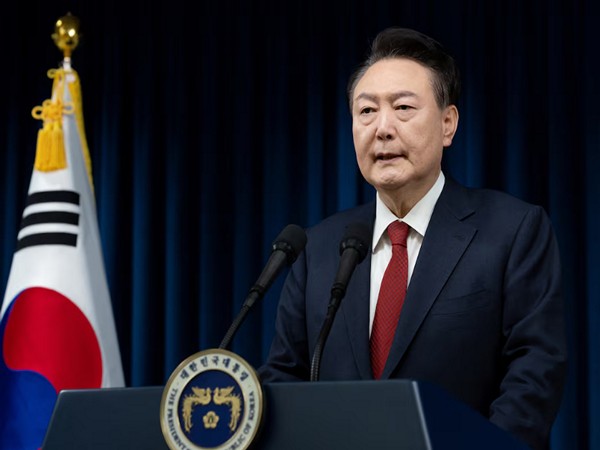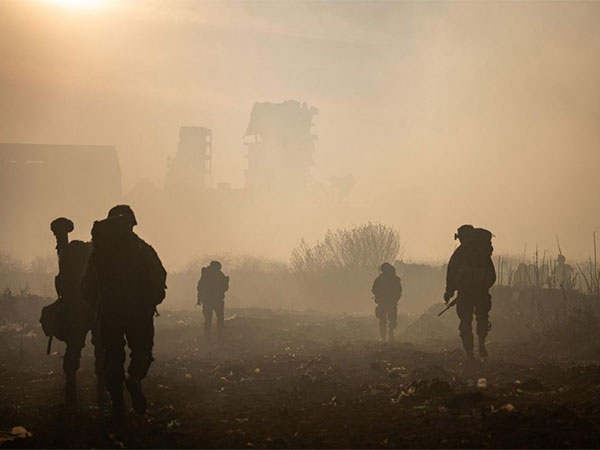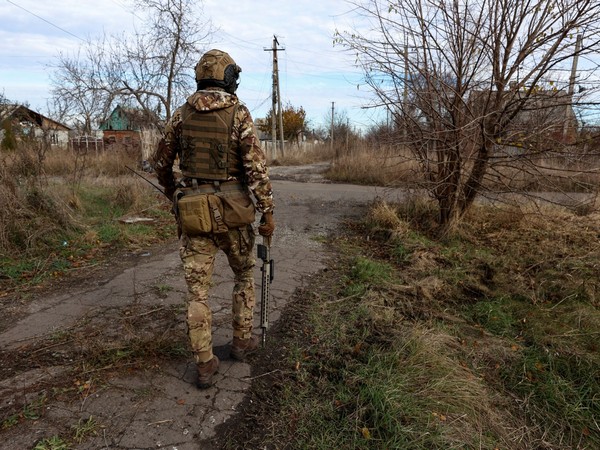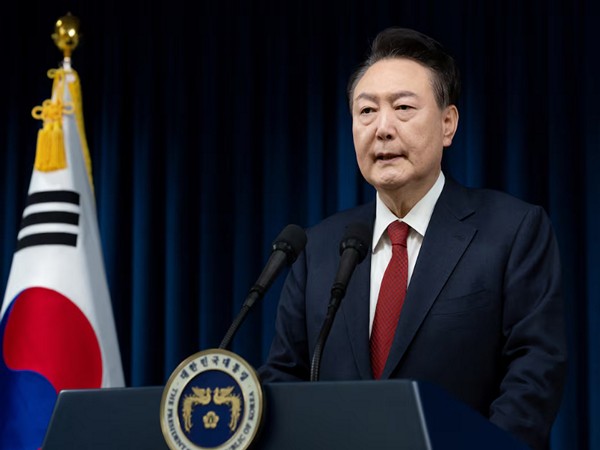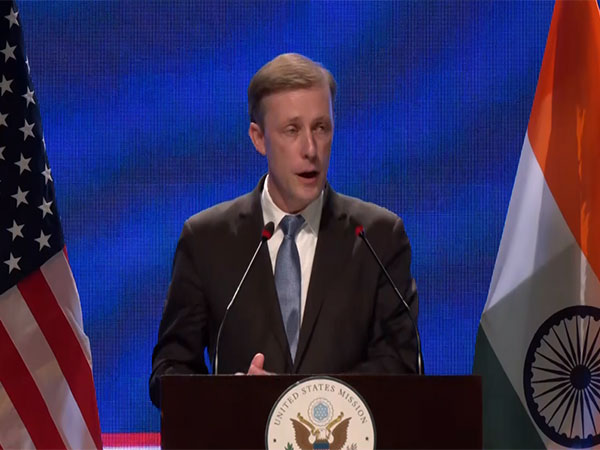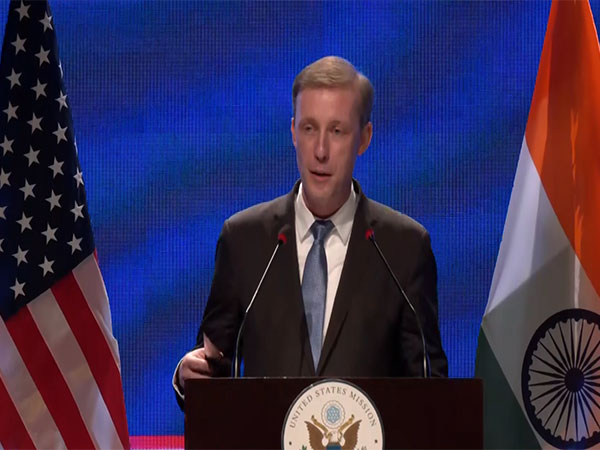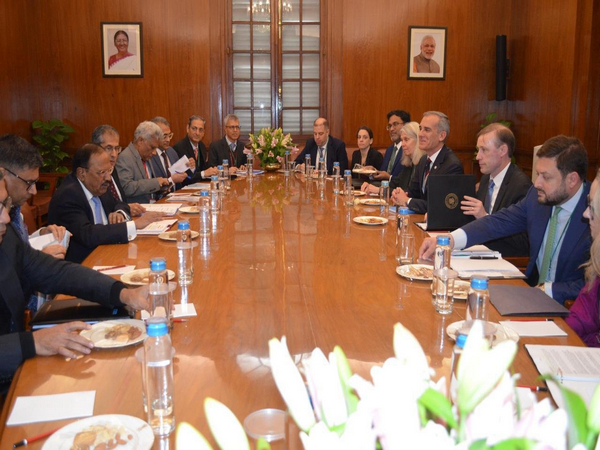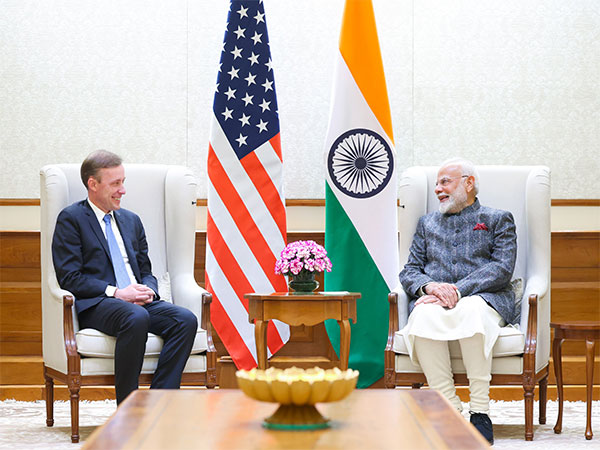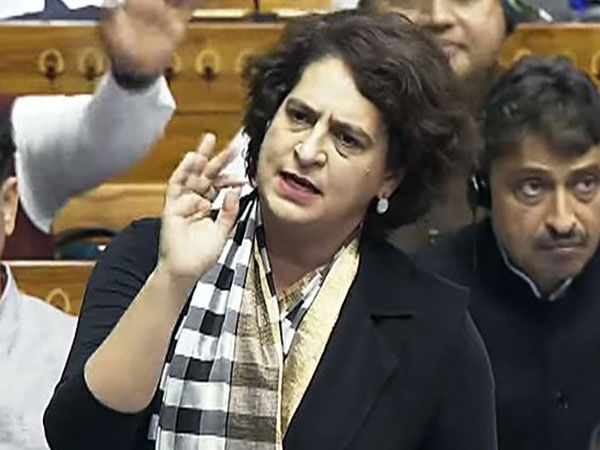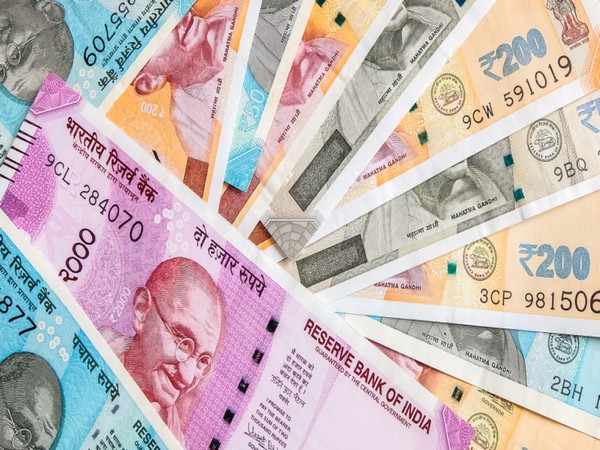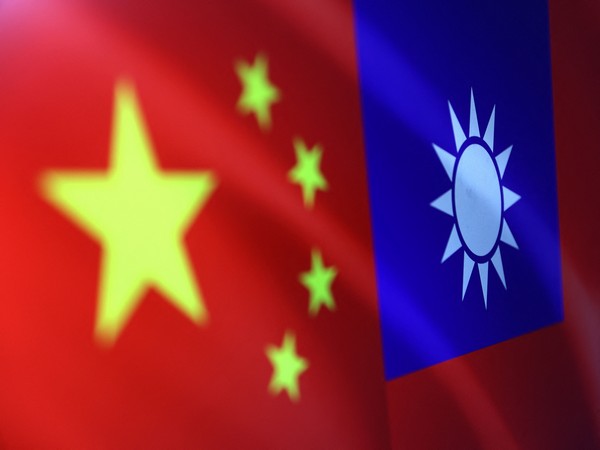
FILE PHOTO: Chinese and Taiwanese flags are seen in this illustration, August 6, 2022. REUTERS/Dado Ruvic/Illustration
Washington DC [US], January 11 (ANI): A survey by the US think tank Council on Foreign Relations, released on January 7 for the fifth consecutive year, found a “moderate” likelihood of a cross-strait conflict in 2025 that could have a “high” impact on US interests, according to a report by Focus Taiwan.
The report, published by the Center for Preventive Action (CPA) of the US think tank, identified “increased military and economic pressure by China on Taiwan” as one of the “top conflicts to watch in 2025.” It classified the potential conflict as a “Tier I (High Priority)” concern.
In its report, the CPA said, “Intensified military and economic pressure by China toward Taiwan precipitate a severe cross-strait crisis involving the United States and other countries in the region. A highly disruptive cyberattack on US critical infrastructure by a state or nonstate entity.”
It added, “Aggressive Chinese actions in the South China Sea, especially toward the Philippines, lead to an armed confrontation involving China, the United States, and US allies. Heightened political antagonism in the United States resulting from the reelection of Donald Trump leads to acts of domestic terrorism and political violence.”
Meanwhile, “Increase in militant activity and popular unrest in Pakistan, leading to growing political instability and escalating clashes with the Taliban in Afghanistan” is listed in Tier II under moderate likelihood; moderate impact
The report, titled “Preventive Priorities Survey 2025,” is based on 680 survey responses from foreign policy experts collected in November 2024 and “evaluates ongoing and potential conflicts based on their likelihood of occurring in the coming year and their impact on U.S. interests,” Focus Taiwan reported.
The Taiwan–China issue is a complex and longstanding geopolitical conflict centred on Taiwan‘s sovereignty. Taiwan, officially known as the Republic of China (ROC), operates its own government, military, and economy, functioning as a de facto independent state.
However, China considers Taiwan a breakaway province and insists on the “One China” policy, which asserts that there is only one China, with Beijing as its capital.
This has fuelled decades of tension, especially since the Chinese Civil War (1945-1949), when the ROC government retreated to Taiwan after the Communist Party, led by Mao Zedong, took control of mainland China.
Beijing has consistently expressed its goal of reunification with Taiwan, using diplomatic, economic, and military pressure to isolate Taiwan internationally. Meanwhile, Taiwan, supported by a significant portion of its population, continues to maintain its independence. (ANI)






